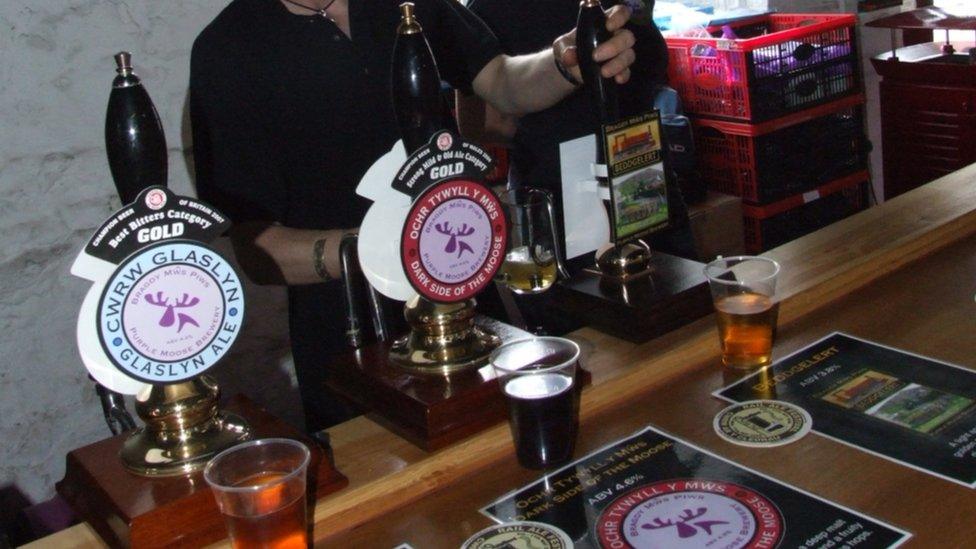Can India get a taste for craft beer?
- Published
Simon Atkinson visits some on Bangalore's booming brewpubs
If you have ever had a bottle of beer in India - or even in an Indian restaurant somewhere else in the world - the chances are it was one particular brand.
Kingfisher is synonymous with the drink in India, where it has more than 50% of the beer market.
But just a few kilometres from the company's headquarters in Bangalore, in the bustling Biere Club bar, dozens of customers sip beer without a drop of Kingfisher in sight.
Instead the crowd are drinking glasses of American rice lager, malt stout or a Belgian-style wheat beer. And it is all brewed just a few metres from where they are sitting.
Opened three years ago, this was Bangalore's first so-called brewpub - a bar with a small brewery on the premises - but now there are about 15 similar businesses in this one city alone. Best-known as India's IT hub, it has also become the capital of the country's craft brewing culture.
"It's become very competitive - but we have some loyal customers," says Biere Club founder Arvind Raju. "And we have to make sure we have a variety of beers and keep the quality high so that they come back."
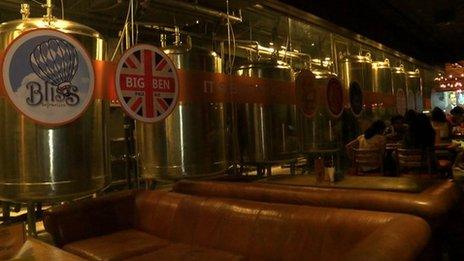
Craft brewing has been gaining popularity in major Indian cities such as Bangalore, Mumbai and Delhi
Artisanal products
Craft brewing has been booming in the US over the past 10 years - grabbing a market share of about 8%, and causing a doubling in the price of hops to boot.
And its success there - as well as in Europe - lies behind the emerging scene in cities like Bangalore, says Gaurav Sikka, managing director of the Arbor Brewing Company.
His Bangalore pub was set up in partnership with a brewery of the same name in Ann Arbor, Michigan where Mr Sikka studied and got the inspiration for his business. It sells mainly US-style drinks but with a nod to local tastes - including its Mango Maibock brew, an Indian take on a German lager, using the in-season fruit.
"There's a large population of young people in India, and many have travelled extensively," Mr Sikka says.
"They've been introduced to fine lifestyle products and craft beer is one of them. We're making beer with the best ingredients sourced from around the world so these are essentially artisanal products and people in India are yearning for that. They have a taste for them."
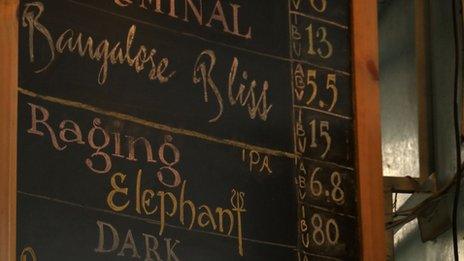
Many Indian craft beers cater to local tastes
And his customers seem to agree.
"We've had the domination by Kingfisher for decades," says Madan Kumar, a regular in the Arbor pub. "But the liberalisation brought in more foreign beers, and now the craft beers, so there are always new things to try."
And for Amin Kassam - who is part-Indian, part-Scottish and works in Bangalore while his family is in the UK - venues like this make being away from home a little less arduous.
"The ale tastes really good," he says, holding up his dimpled beer glass. "And having a proper pint is great."
'Discerning tastes'
Sourcing brewing equipment and hiring brewers remains difficult and expensive but opening brewpubs has become easier in Bangalore since the state government developed policies on licensing and environmental issues.
Other states have followed suit - and several microbreweries have opened in the past year in cities like Delhi, Gurgaon and Mumbai.
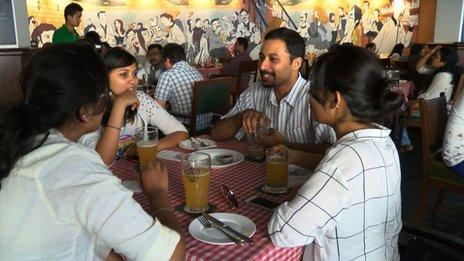
A relatively young population has also contributed to the growth of the craft beer market
But for all the hype about craft brewing, when it comes to sales the numbers remain tiny.
Instead it is the strong beer category - where alcohol by volume is typically about 8% - that is growing most rapidly in India.
Kingfisher Strong leads the way, but foreign brands have moved in with the likes of Budweiser Magnum, Carlsberg Elephant and for the less subtly minded, an SAB Miller beer called Knock Out.
"While in Europe people tend to drink beer for refreshment, here it's to get a high and that's why you see stronger beers always performing well in Indian markets," says Ankur Bisen, senior vice-president of the retail and consumer products division at consultants, Technopak.
"The target area is in cities and semi-urban areas and that gives you volumes of sales. But the tastes of the microbrewing segment is more discerning, more evolved, so you're essentially talking about two different markets.
"That's why I don't see the microbreweries at loggerheads with the mass-market beer industry in India."
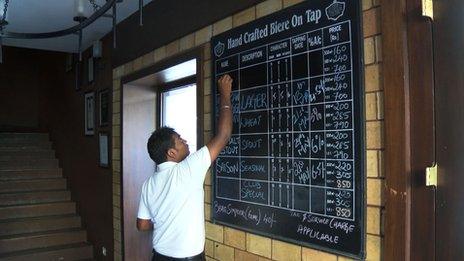
Despite the growing popularity craft beers have a small share of the market
'Gimmick'
That is the hope at the Gateway Brewing Company - India's first small-scale brewer that produces beer to sell on to pubs and restaurants, rather than to serve on its own premises.
Run on an industrial estate on the outskirts of Mumbai, it took about two years to get government permission to operate, and even with that hurdle cleared there are plenty of other difficulties.
Brewing only happens about three days a week because of regular power cuts, the company roasts its own malt because of a lack of reliable supply, and excise duties are higher than for mass-market brewers.
But as word gets around, it is seeing more businesses buying its 20-litre and 50-litre kegs, boosting its presence in Mumbai and nearby Pune.
"We're hoping more people will come into this trade," says Rahul Mehra - one of Gateway's three co-founders and an avid home brewer.
"Competition will only get better and we welcome that because craft beer is more of a brotherhood, collectively fighting against bad beer, getting people to drink better beer."
For Mr Mehra and his colleagues, anything is a preferable alternative to the mass-market drinks that have dominated his country for so long. But he still thinks that anyone trying to ride the new craft beer wave, especially by opening a brewpub, needs to be cautious.
"Many brewpub owners work on the gimmick of it - they think that if they have a brewery more people will come to their bar.
"What they don't get is the differentiator is not the big shiny brewing tank. The differentiator is the beer."
- Published15 May 2014
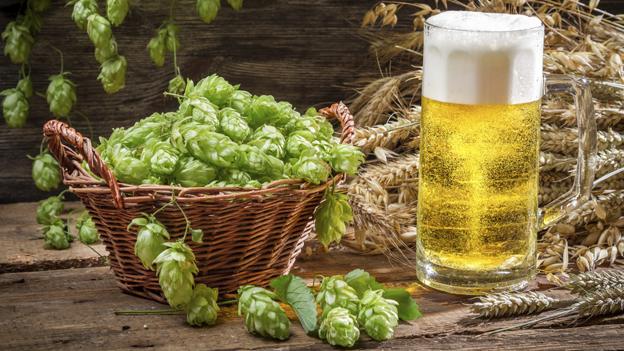
- Published30 January 2014
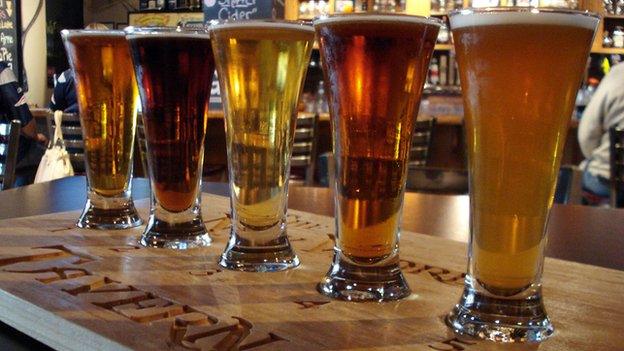
- Published16 May 2014
